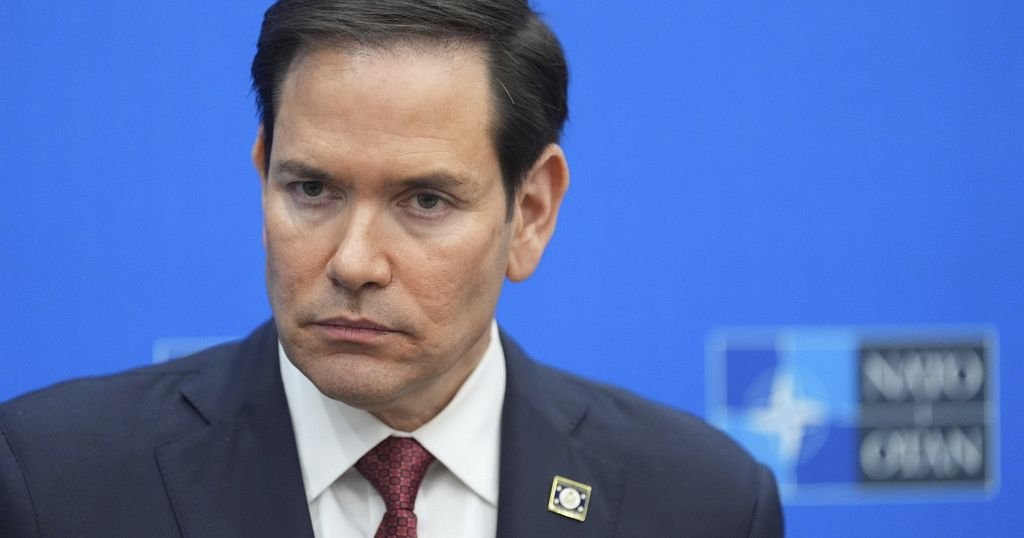Africa
US to revoke all visas held by South Sudanese passport holders

The United States on Saturday said it would revoke all visas held by South Sudanese passport holders, over its failure to accept the return of its repatriated citizens.
Secretary of State Marco Rubio accused the African nation’s government of “taking advantage of the United States”.
“Every country must accept the return of its citizens in a timely manner when another country, including the United States, seeks to remove them,” he said.
The decision comes at a time when many in Africa fear that South Sudan could return to the civil war that killed 400,000 people between 2013 and 2018.
Besides revoking visas, Rubio said Washington would block any new visas “to prevent entry into the United States by South Sudanese passport holders”.
He added that the US would “be prepared to review these actions when South Sudan is in full cooperation”.
Since taking office, US President Donald Trump’s administration has taken aggressive measures to ramp up immigration enforcement.
This includes the repatriation of people deemed to be in the country illegally.
Trump’s predecessor, Joe Biden, had granted South Sudanese nationals “temporary protected status” (TPS), with the designation set to expire on 3 May 2025.
TPS shields people against deportation and is granted to foreign citizens who cannot safely return home because of war, natural disasters, or other “extraordinary” conditions.
Last week, United Nations Secretary-General Antonio Guterres urged regional and international leaders to prevent South Sudan from falling “over the abyss” into another civil war.
African Union mediators arrived in the South Sudanese capital, Juba, this week for talks aimed at averting a new civil war.
The increase in tensions comes after First Vice President Riek Machar was placed under house arrest last week.
